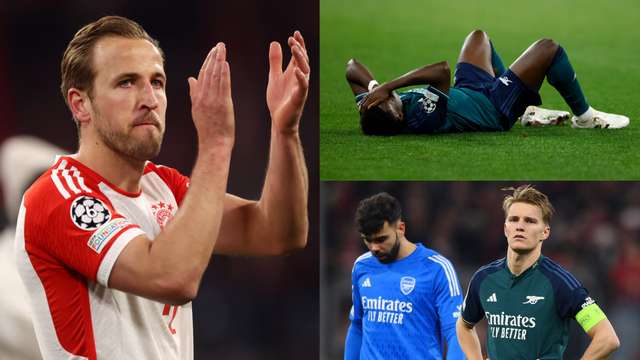SPECIAL REPORT by Hu Zhicheng, Goal China Chief Editor
It was quite a defining moment for Chinese president Xi Jinping. On the final day of his state visit to the United Kingdom at the National Football Museum in Manchester, Mr Xi proudly presented to his hosts a well-crafted prototype of Cuju - the ancient ball game which originated in China over 2300 years ago and which is believed to represent the earliest form of football.
Mr Xi’s visit in October 2015 made the front pages of many national and local newspapers as he mingled with political and footballing heavyweights – taking a selfie with then UK Prime Minister David Cameron and Manchester City striker Sergio Aguero – and was granted a tour of the Etihad Stadium. Later he would meet with former City star Sun Jihai, a Chinese trailblazer who was just being inducted into the English Football Hall of Fame.
Ronaldo 'shocked' by Owen fat jibe
Little more than a year after this gratifying charm offensive, Mr Xi could never have anticipated the hostility and torrent of abuse that has been directed at Chinese football, or to be more precise, the Chinese Super League (CSL) from Europe and, particularly, England.
This hostility reached its zenith this January following the much-hyped transfers of Oscar (for a transfer fee of £52 million), Axel Witsel and Carlos Tevez to the CSL (the former pair for a combined salary of £36 million-a-year, and the latter becoming the best paid footballer in history). The players were denounced as greedy millionaires selling their souls, while China was painted as the all-powerful, evil empire threatening the purity of the beautiful game England claim to have invented.
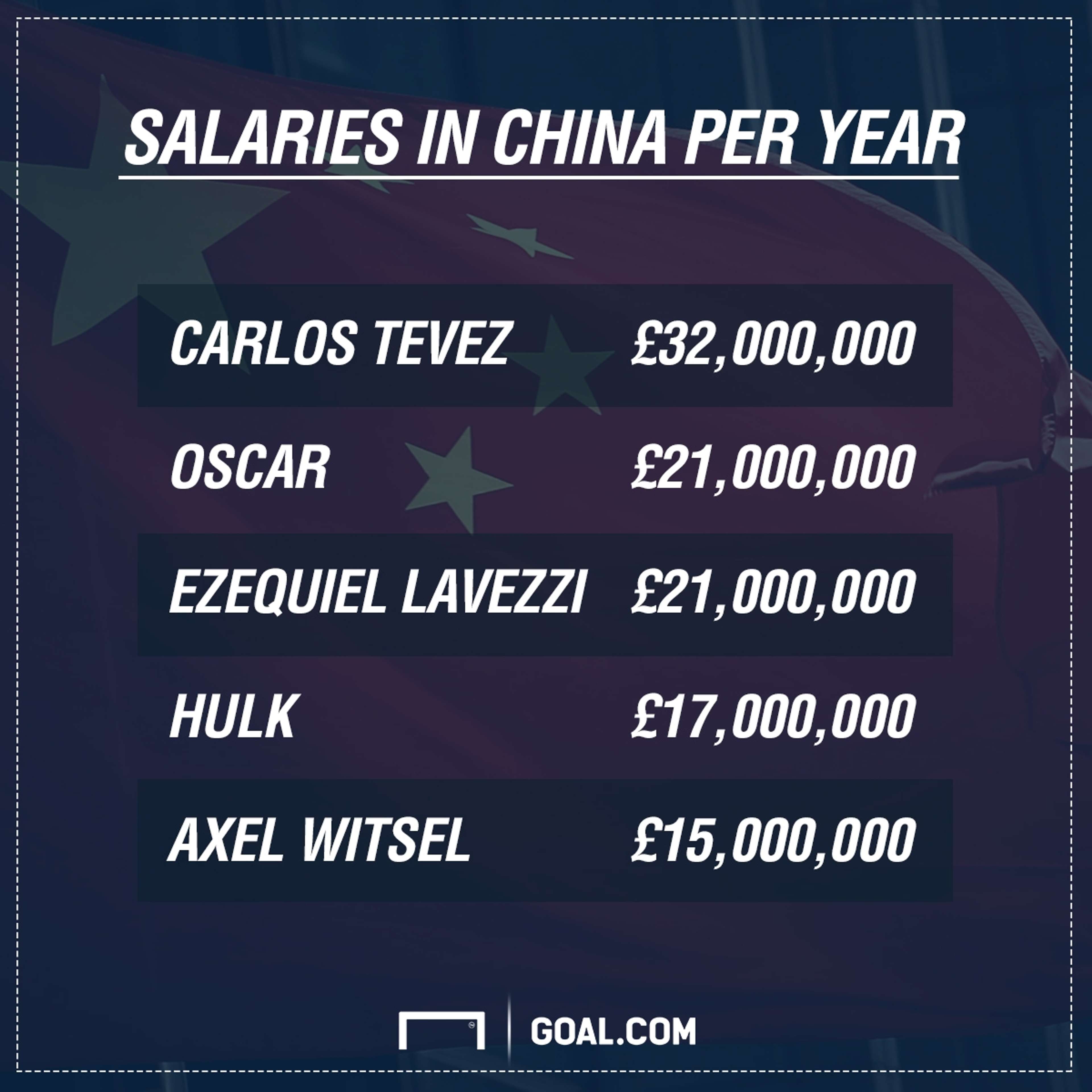
Yes, China is changing the financial landscape of the sport and these elite footballers are raking in astronomically more money than the majority of their contemporaries at clubs in England and elsewhere. But if top-class professionals opt for these astronomical pay packets instead of careers in already-elite leagues then, to borrow the oft-quoted line from Pope Francis, “Who am I to judge?”
Condemning China for political reasons is an age-old sport but there is no rationale for the current anti-CSL rhetoric. Shanghai SIPG general manager Sui Guoyang noted in a recent media briefing that the club's senior management personally flew to Paris in a bid to impress Oscar and provided him with a comprehensive plan for future growth and dominance. Oscar, who had lost his place at Chelsea and had no offers from major European clubs, was obviously sold on the project. They also made a great effort to demonstrate just how much coach Andre Villas-Boas wanted him at SIPG.
'Arsenal bid almost £40m on Manolas'
Sui Guoyang stressed that Oscar’s burning desire to return to the Brazil national team played just as much a part in his decision to head to China as did his £400,000-a-week wages. His compatriot Paulinho, who also received plenty of brickbats himself upon joining Guangzhou Evergrande from Tottenham Hotspur in 2015, earned a recall to the Brazil fold after reviving his career in China. Beijing Guoan midfielder Renato Augusto has also become a permanent fixture in the Selecao line-up since arriving in China. Oscar will surely attempt to replicate this.
This raises the critical question of just how competitive the CSL is. Is the league really “at a level several rungs down even from Major League Soccer (MLS)”, as one respected British journalist recently sniped? Ex-Inter midfielder Fredy Guarin, now with Shanghai Shenhua, told the Chinese media that the CSL is grossly underestimated.
“Our league is clearly not at the level of La Liga, but I think the standard is basically similar to that of a mid-table team in Serie A,” Guarin said during an interview with Soccer News. “And I’m convinced that the CSL will become one of the best leagues in the world if the momentum continues”. Guangzhou Evergrande's top scorer Ricardo Goulart holds the same opinion, stressing that the CSL is “much more competitive” than people think.
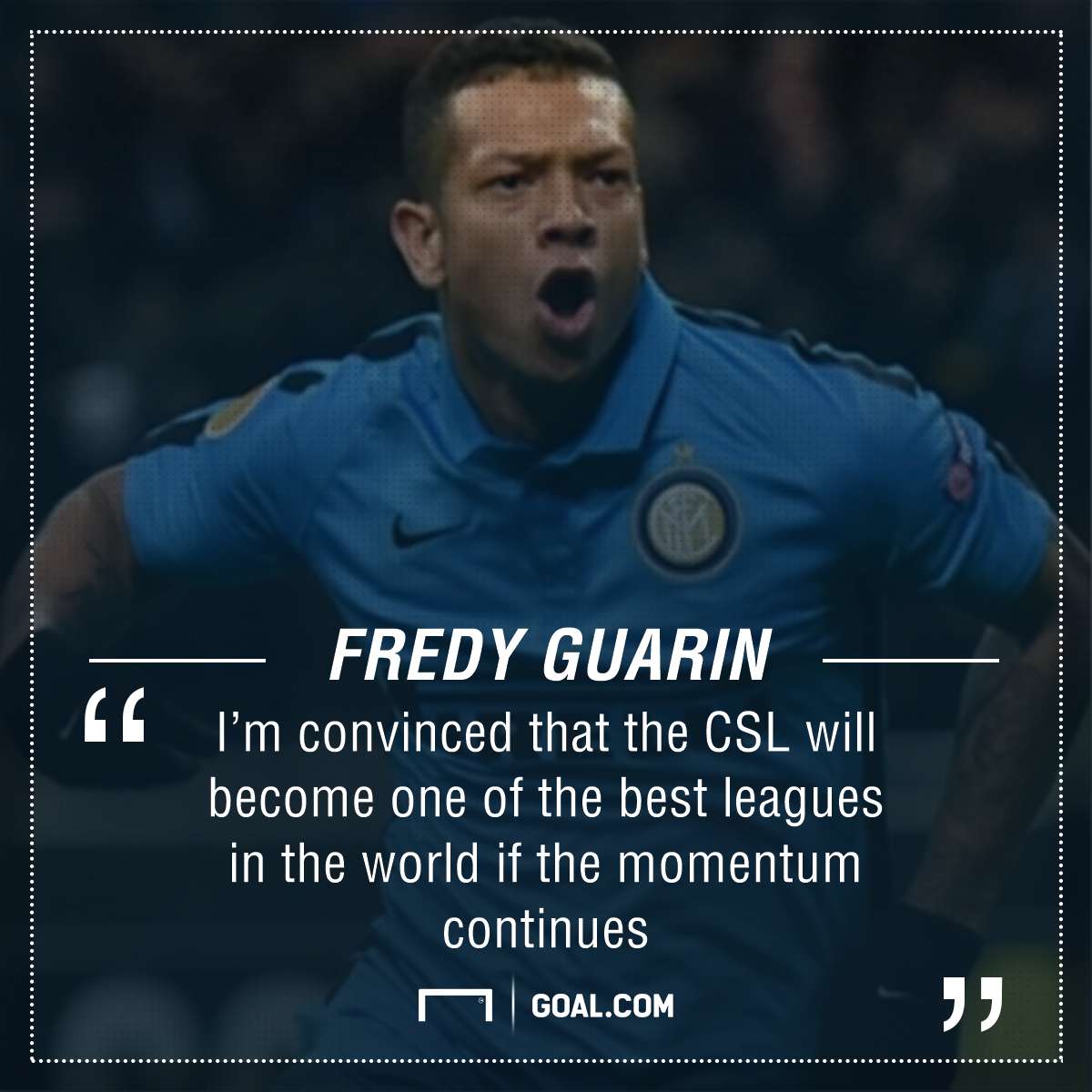 Getty
Getty
Certainly a league that now boasts high-profile names such as Oscar, Witsel, Tevez, Hulk, Ezequiel Lavezzi, Ramires, Graziano Pelle and Jackson Martinez needs to be taken seriously. To consider it well below the MLS, where a 35-year-old David Villa was MVP for 2016, is insulting.
Another criticism thrown at China is that their pitches are of a horrendous standard and that foreigners will find little job satisfaction playing in front of subdued and indifferent crowds. This is also complete nonsense.
Mourinho takes swipe at Man Utd fans
It is true that some pitches in the CSL are sub-standard but they are far from being terrible, and indeed many clubs are equipped with ultra-modern training facilities which have received rave reviews from several imported superstars. As for the fan engagement, official figures show that CSL attendances surged to a record high last season. The 240 games of the 2016 season drew a total of 5.8 million fans with an average gate of 24,159 per game.
These numbers put the CSL fifth in the table of the most attended football leagues in the world, according to the data collected by worldfootball.net, above Italy’s Serie A, France’s Ligue 1 and the MLS. The most followed team in the CSL remains the reigning champions Guangzhou Evergrande, with an average of 44,883 supporters per home match last term.
Though public enthusiasm for the beautiful game has rarely translated into excellent results for the Chinese national team - the passion for football shows no sign of abating. According to figures released by CCTV, China’s largest TV network, seven of the 10 most-watched programs (excluding the Olympic games) in 2016 were football matches.
About 106 million viewers tuned in to CCTV to watch China lose 3-2 to South Korea in a 2018 World Cup qualifier. In addition, TV ratings for the CSL have risen year on year. More than 284 million people watched its television broadcasts last season.
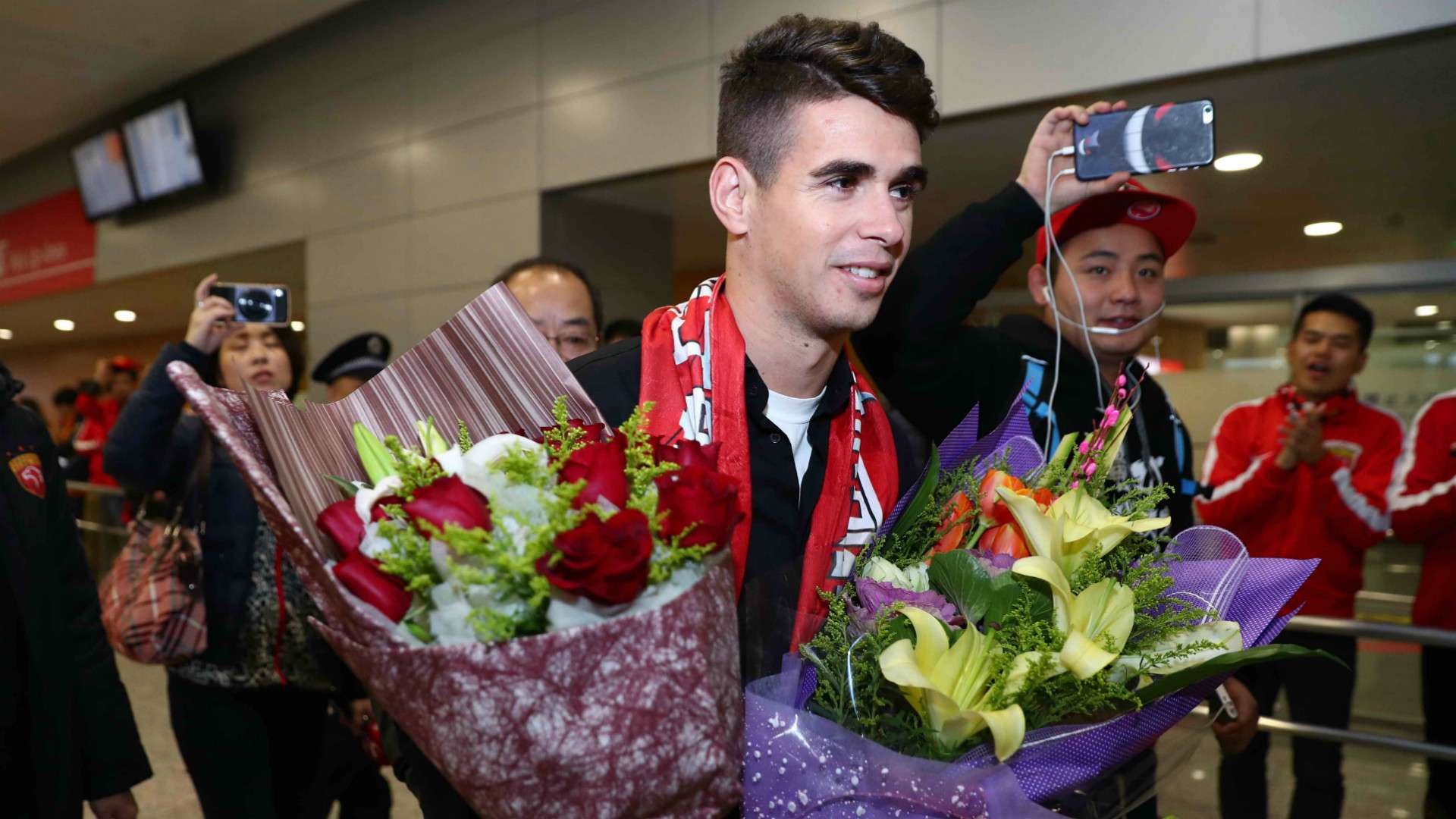 Getty Images
Getty Images
But will the bubble eventually burst given that state-funded financial backing can only last so long? Will the CSL turn into a football backwater once again, as predicted by the critics in Europe?
Though often overlooked by the western media, China is well aware of the potential dangers ahead as it aims to establish itself in the long term. People's Daily, the official newspaper of China's Communist Party, has published numerous editorials stressing that the CSL must learn to spend its money more sensibly. “The world's richest league is not necessarily the strongest and the key difference is how to use the cash” it stated in a recent special report.
This view is largely echoed by China's state-run Xinhua news agency, which has demanded that China pump more money into its youth academies, build up its infrastructure and facilities, and make football truly accessible to the public.
But after the Asian transfer record was repeatedly smashed in recent months, China has felt the need to take more drastic measures. In an interview with the People's Daily last Thursday, a government spokesman said China would “regulate and restrain high-priced signings, and make reasonable restrictions on players’ high incomes”.
The spokesman of China’s General Administration of Sport said the government would “set the upper limit” for transfer fees and income, and control “irrational investment”. He also warned that those “seriously insolvent clubs” would be removed from the professional league before adding that China’s aim is to build “100-year clubs”.
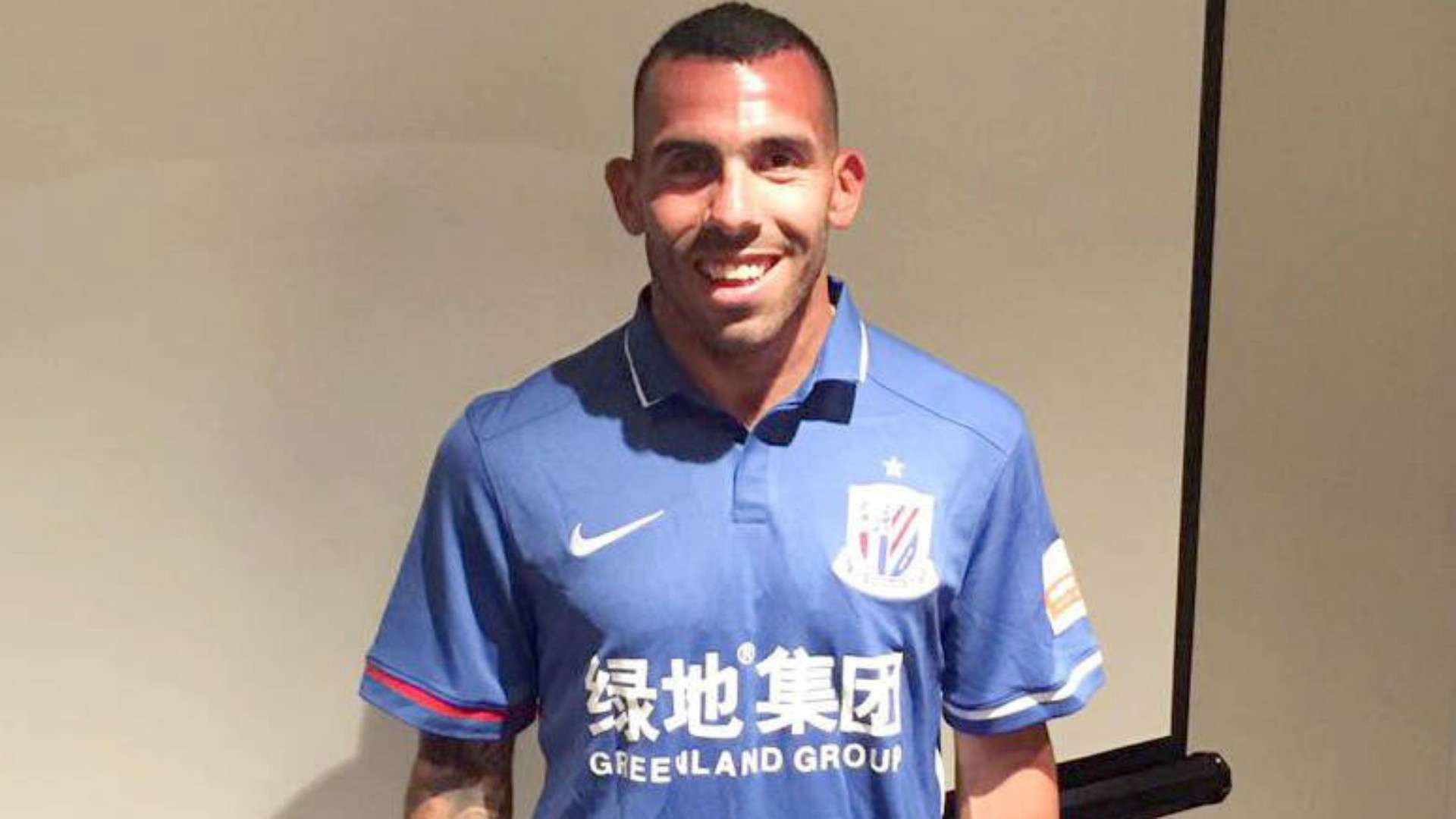 Twitter: @asaikana
Twitter: @asaikana
In fact, given the unpredictability of both the financial markets and the political climate in China, most CSL clubs have already taken steps to ensure long-term sustainability. Guangzhou Evergrande made several overseas trips to Europe's top clubs to learn the intricacy of Financial Fair Play, while Beijing Guoan attempted to discover the reason why some clubs still thrive despite incredibly tight budget constraints.
It’s also worth noting that the CSL doesn’t only boast big name players, it also now possesses many great managers who are educating the locals. Luiz Felipe Scolari (Guangzhou Evergrande), Manuel Pellegrini (Hebei China Fortune), Andre Villas-Boas (Shanghai SIPG) and Fabio Cannavaro (Tianjin Quanjian) have all found their way into China’s top-flight. Even the country’s second division features a stunning roster of big names, such as Sven Goran Eriksson, Juan Ramon Lopez Caro and Ciro Ferrara. All of them are bringing in unbelievable and invaluable experience and first-class coaching expertise.
Meanwhile, China's huge investments in major European clubs such as Manchester City, Atletico Madrid, Inter and, imminently, AC Milan will also enable it to acquire in-depth knowledge in football administration, management and long-term strategy.
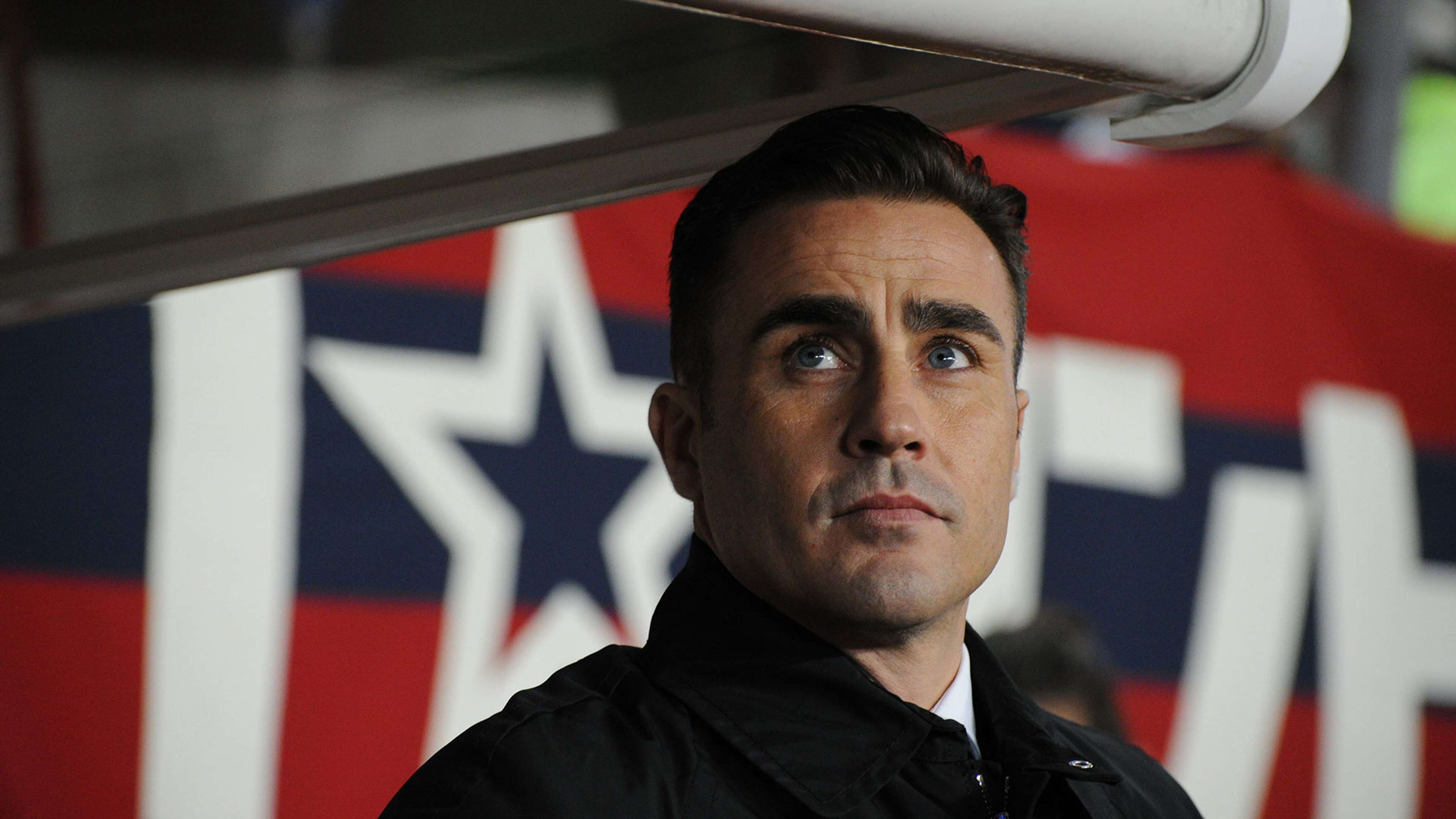 Getty Images
Getty Images
But this does not mean the scaremongering is absolutely baseless. The figures published by Xinhua show that China had only about 7,000 registered teenage football players in 2014. Under-investment in grassroots football is undeniably a detriment to its development.
However, what CSL opponents blissfully ignore are the prevalent youth academies that span almost all tiers of Chinese football, not to mention the long-term development program that is taking the beautiful game into more than 6,000 schools across the nation. By 2020, at least 20,000 football campuses will be opened with the aim of educating and producing young talents, according to the plan confirmed by the Ministry of Education.
“The explosive popularity of the CSL has gone a long way in attracting Chinese kids to play football. Parents’ attitudes are changing too, they no longer see the game as a useless distraction,” said Niu Zhiming, a senior journalist at the Taishan Evening Newspaper.
“To the best of my knowledge, all CSL giants such as Shandong Luneng, Hebei China Fortune and Shanghai SIPG have made a particular effort to commit themselves to the youth programs, which is obviously good.”
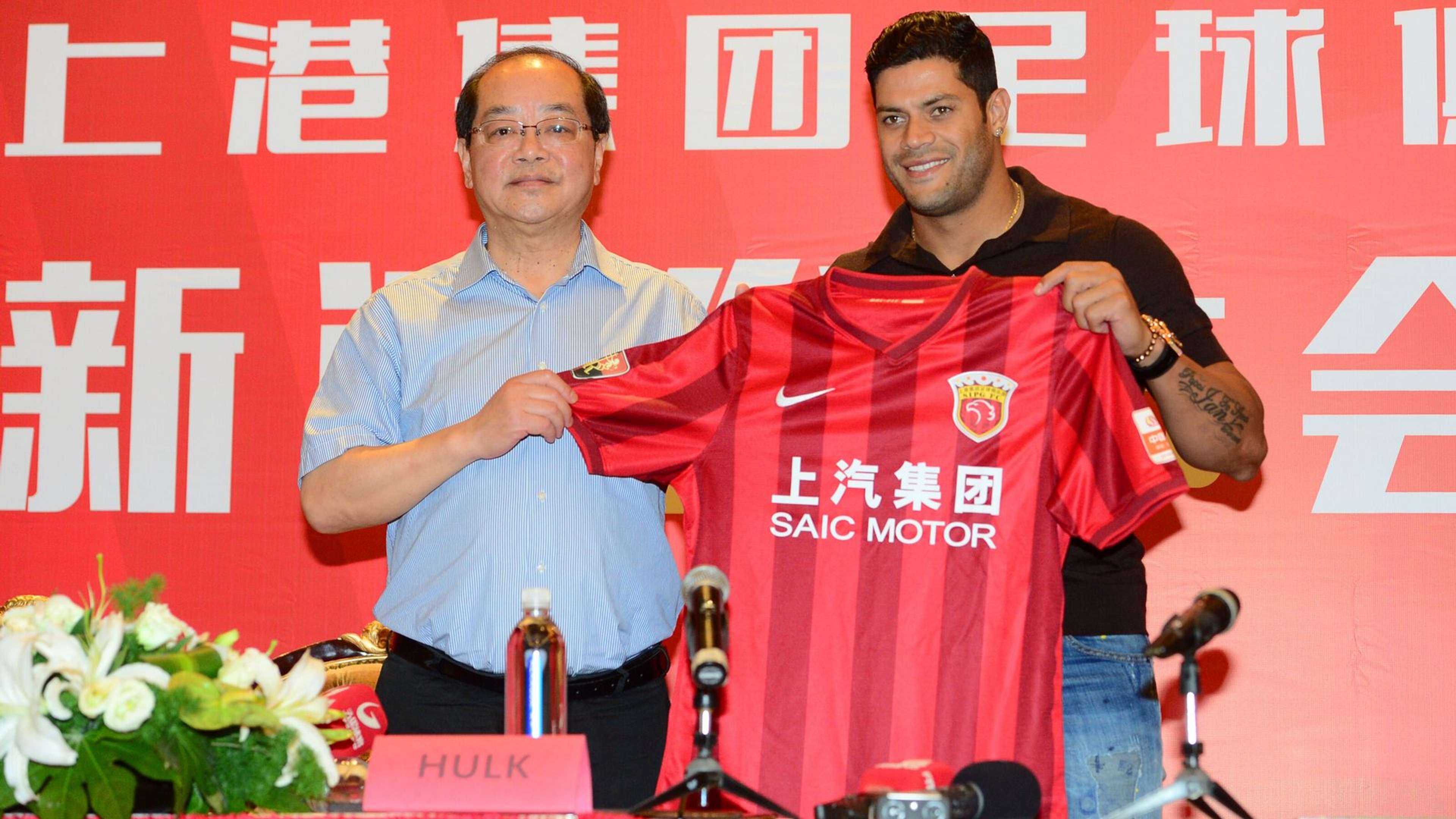 Getty Images
Getty Images
As an expert in CSL club academies, Niu Zhiming pays special attention to Shandong Luneng, whose formidable production line has produced the most CSL players. He told Goal: “The Luneng academy has sponsored several seminars on Chinese youth development. They are drawing up detailed plans to nurture elite talents.
“Shandong Luneng are feeling the benefit of investing in their young assets. Their reserve team has secured successive titles. By banking on the youth academies, Chinese clubs can build a solid foundation for the future. And I am deeply convinced that, in a few years, their work will begin to bear fruit, no matter what happens when the capital market starts to cool down.”
REVEALED: Messi & Ronaldo votes
Sure, China still has a long way to go and its financial muscle alone is not enough to buy footballing success for a whole nation. Sure, it is easy to denigrate Oscar, Witsel and Tevez as money-grabbers, willing to trade their ambitions and reputations in return for a fat paycheck.
But the hard truth and irony is that those who crucify the unashamed CSL the most for hoarding greedy footballers are the same bystanders whose own league did the same thing less than two decades ago. Who remembers the lavish salaries the Premier League splashed out for ageing veterans such as Ruud Gullit and Gianluca Viall from the then best league in the world, Serie A?
These are the same bystanders who sponsored the commercialization and globalisation of their own football. Their grievances would be far more legitimate if they admitted that they just feel threatened that Europe and the Premier League’s hegemony could come under threat.
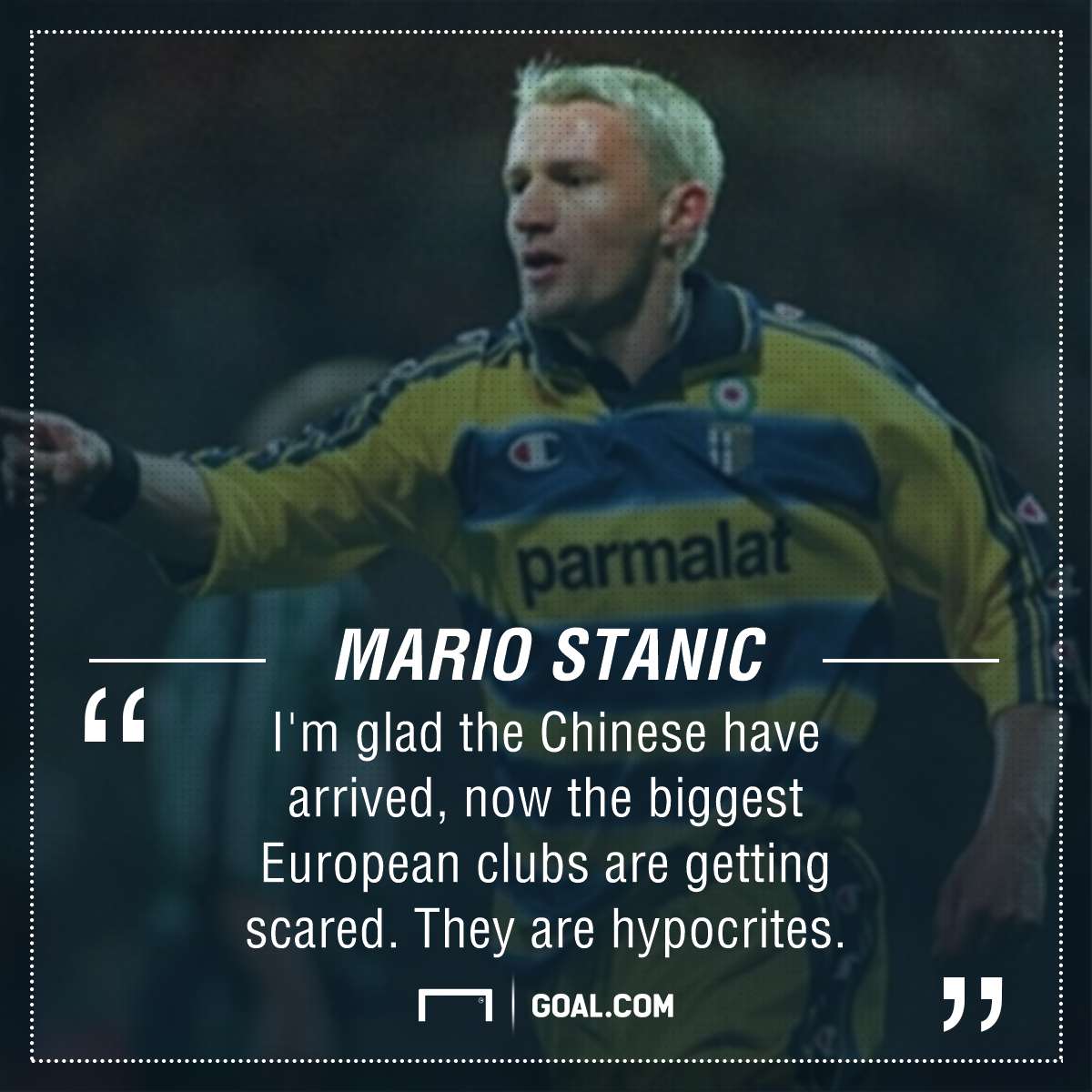 Getty
Getty
"I am glad that the Chinese have arrived, now the biggest European clubs are getting a bit scared. And they should be because now there is someone richer than them on the market,” scoffed former Croatia and Chelsea star Mario Stanic to Sportske novosti.
"I read how Antonio Conte 'cried' that Chinese clubs are being unfair because they 'kidnap' players with money. Why didn't he say this when his Juventus or Chelsea teams were ‘kidnapping’ players from smaller clubs?
Who is Ronaldo's new girlfriend?
“So it is okay for Juventus or Chelsea, but when Chinese clubs throw money on the table, then it is 'robbery’?! No one has the right to criticize players that decide to move to China, they [the English] are hypocrites.”
And these hypocrites must accept that there is no guarantee that Europe will be the football epicentre of the world in another two generations as China’s economic and footballing resurgence continues. If the tide eventually turns in favour of China, 'The Home of Football' will not be the only title the Middle Kingdom snatched from the empire "upon which the sun never sets”.
The unlikely resurrection of Cuju may just be the beginning.
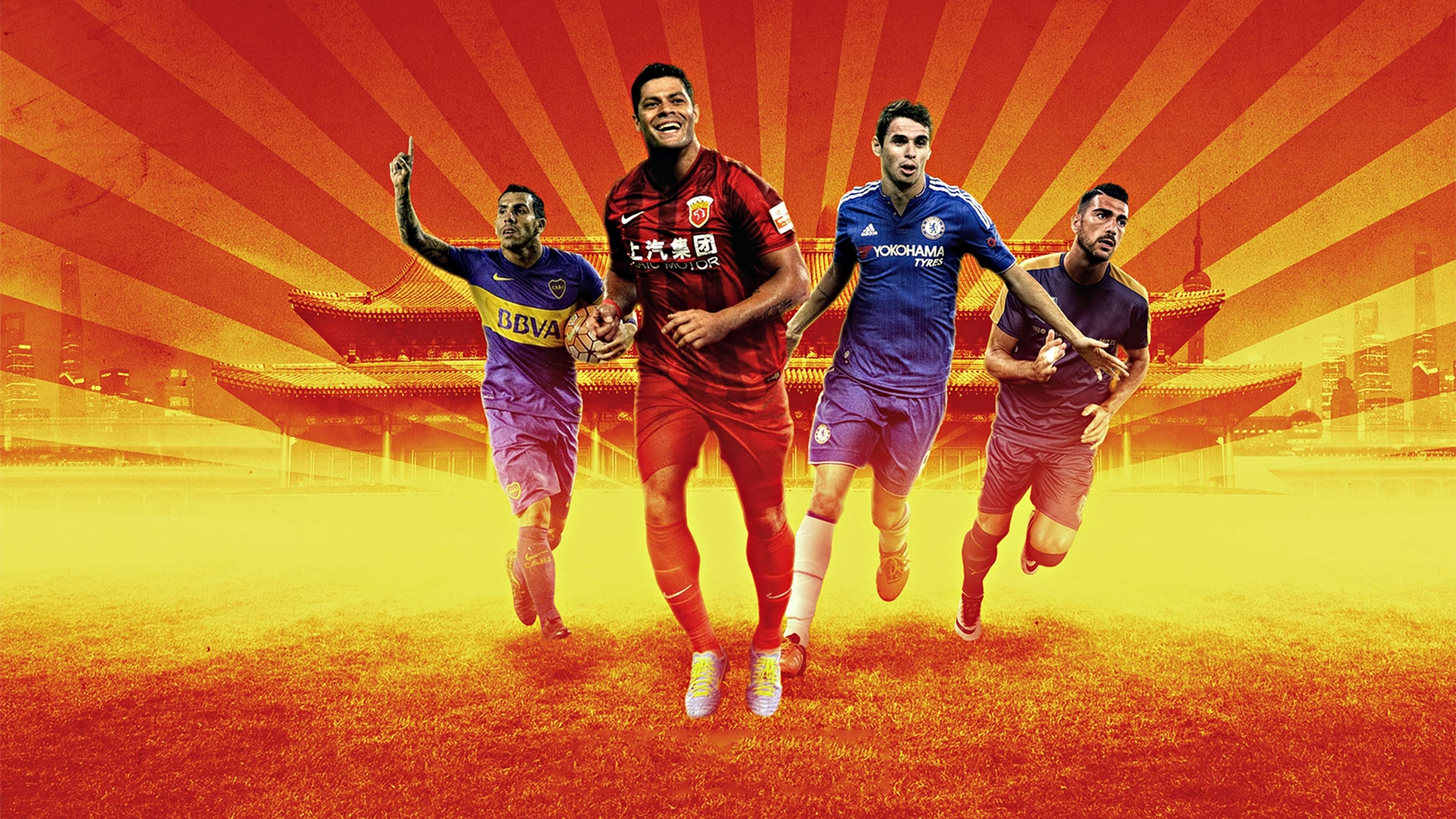
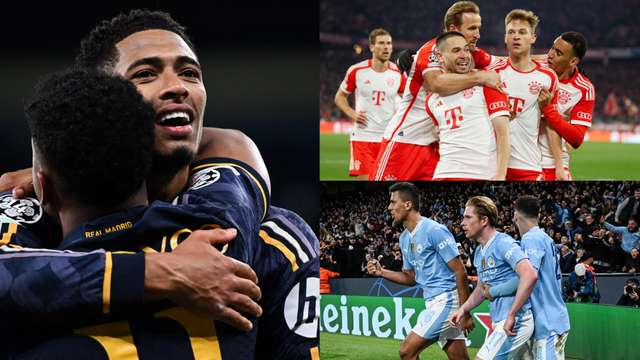
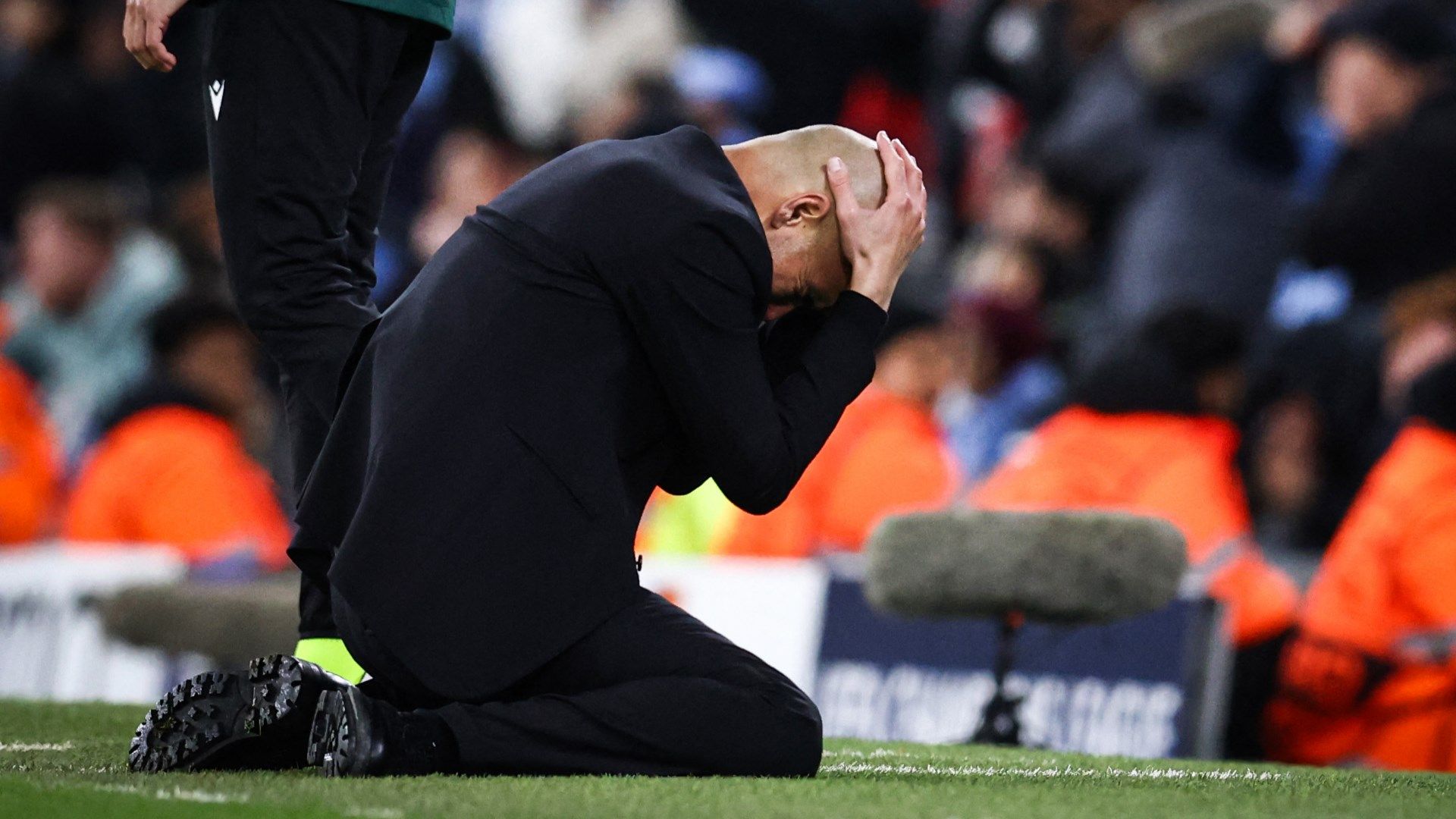.jpg?auto=webp&format=pjpg&width=640&quality=60)
